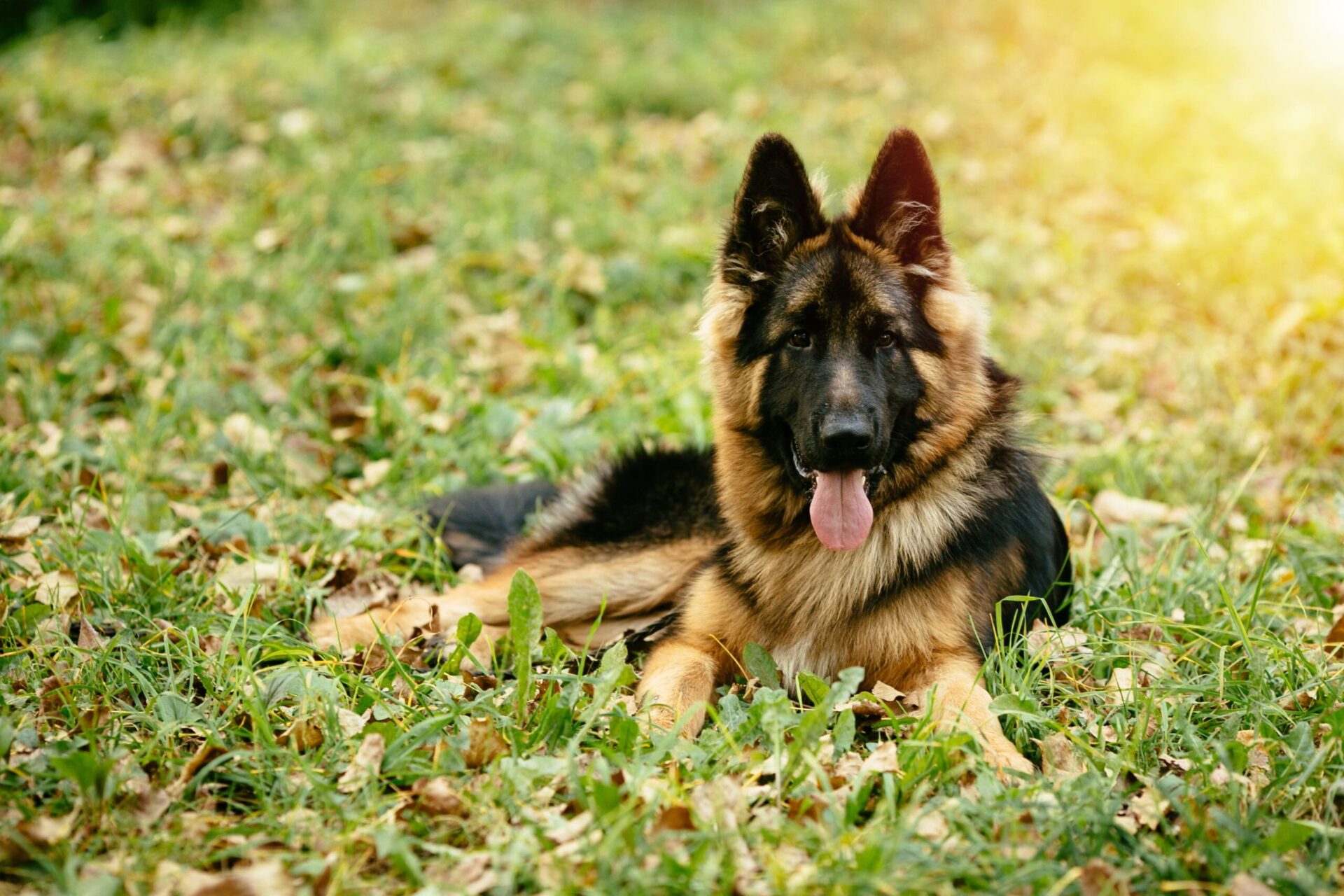Why German Shepherds Make Great Family Pets

While thinking of the ultimate family pet, some of the common characteristics usually relied upon include: temper, loyalty, and versatility. Regarding intelligence, strength, loyalty, and suitability as a family companion, German Shepherds are always leading the list. What makes a German Shepherd stand out, you ask? Let’s get a closer look at why a German Shepherd might just be the missing piece for your family.
1. Friendly and Loyal Nature
German Shepherds are known to be loyal and possess protective instincts toward their family. Their dogs attach themselves strongly to human family members for life and build steady, lifelong connections with them. They take serious responsibility for their “pack.” Their friendly and affectionate personalities make them ideal companions, while their protective side ensures that they can stop anything at its best ferocity from harming their family. This interesting mix of warmth and vigilance also makes for a first-rate watchdog, giving you the safe feeling that your house, your family, and your loved ones will always be under warm protection.
A German Shepherd’s loyalty means they will always have your back when it counts the most—are watching over the house or are keeping an eye on the kids. Their protective nature is truly unmatched.
2. Great with Children
Yet another very charming feature of a German Shepherd is how well they get along with children. They are often called “gentle giants” because they are playful, tolerant, and highly affectionate towards kids—especially when well-socialized. Their natural curiosity and instinct to play make them fantastic companions for all ages of children.
They also safeguard the small kids. For a breed, German Shepherds are not typically aggressive and are friendly with the children; however, care must always be taken when small children are present with any dog, particularly during the initial stages of training. This enables both the child and the dog to develop acceptable behaviors.
3. Highly Trainable
German Shepherds are very intelligent, eager to please, and of course, very trainable. They respond quite well to positive reinforcement and can learn commands from something simple as “sit” and “stay” to something a bit more complex such as tricks. This natural ability has gone so far that the breed has been the go-to working dog in many places: service dogs, therapy dogs, or working dogs for some officers.
With further training, combined with encouragement, your German Shepherd will grow into a well-behaved and obedient family member: it makes for an excellent choice for disciplined and well-behaved families for their pets.
4. Highly Energized and Engaging
The Germans are very lively and active dogs; hence, they go better with environments that provide abundant stimulation both physically and mentally. A family that enjoys playing outdoors and engaging in activities such as hiking and running-will surely love their German Shepherds because of their excessive energy, which requires them to regularly exercise and keep them going happy and healthy.
German Shepherds need physical and mental exercises to keep them satisfied. German Shepherds love a day filled with family activities, be it cycling, backyard playtime, or learning new tricks. If your family provides the necessary amount of exercise and mental stimulation to keep them active, then you will have an excellent addition to your family.
5. Compatibility with Other Pets
While they are often referred to as “one-person dogs,” once socialization is begun early on, they can be very tolerable of other pets. German Shepherds will tolerate dogs, cats, and even smaller pets if exposed appropriately.
Socialization will ensure that your German Shepherd will thrive well in a multi-pet household. Even if they show a little reserve or caution initially towards other pets, they could easily learn to share a harmonious space with them. Thus, if you already have other pets in the house or are planning to have more, this is definitely a breed for you.
6. Suitable for Various Lifestyles
German Shepherds are very versatile. Since they love having open spaces to roam, they can also thrive in an apartment setting if you give them adequate exercise time. Whether you reside in a rural area where there are open fields or an urban background, a German Shepherd can adapt to whatever lifestyle you have as long as they are given the right amount of physical and mental stimulation.
They do great in active homes and can easily thrive in the suburbs or country environment; still, they will be happy in the city if taken out frequently for exercise and mental stimulation.
7. Emotional Intelligence
The German Shepherd will feel on their fingertips the emotional states of all their family members. Some will often seem to know when something is wrong and will respond by offering comfort or staying close to the person in distress. Whether you are under stress, bad moods, or illness, your German Shepherd will surely be sticking to you and offering emotional support in its own unique way.
This emotional intelligence makes them loyal pets and, at the same time, excellent companions for children as well as for adults. The sensitivity of this dog towards human emotions is the very reason why they are so deeply loved by families.
8. Long Lifespan and Healthy Living
German Shepherds live fairly long lives of 9 to 13 years. The lives of some German Shepherds could become longer if proper care was given. To ensure that your German Shepherd leads a healthy life, you may want to consider regular veterinary check-ups and a balanced diet with plenty of exercises.
Because German Shepherds are predominantly healthy energetic dogs, they make excellent lifetime companions for families. They can stay active and healthy up to an age where they would be gray in hair and are still dear members of the family many years later, given proper care.
Conclusion
German Shepherds have all the qualities to become the dog of a family, ranging from their friendly, loyal natures, adaptability, to emotional sensitivity. This could perhaps be the reason why you will find an affectionate companion to care for your children, a playful mate for family games, or a watchful guardian who would seem ever ready to serve at all times in case you are looking for a German Shepherd. If equipped with the right form of training, exercise, and care, they would prove to be an honored and loved member of your household for many years to come.


